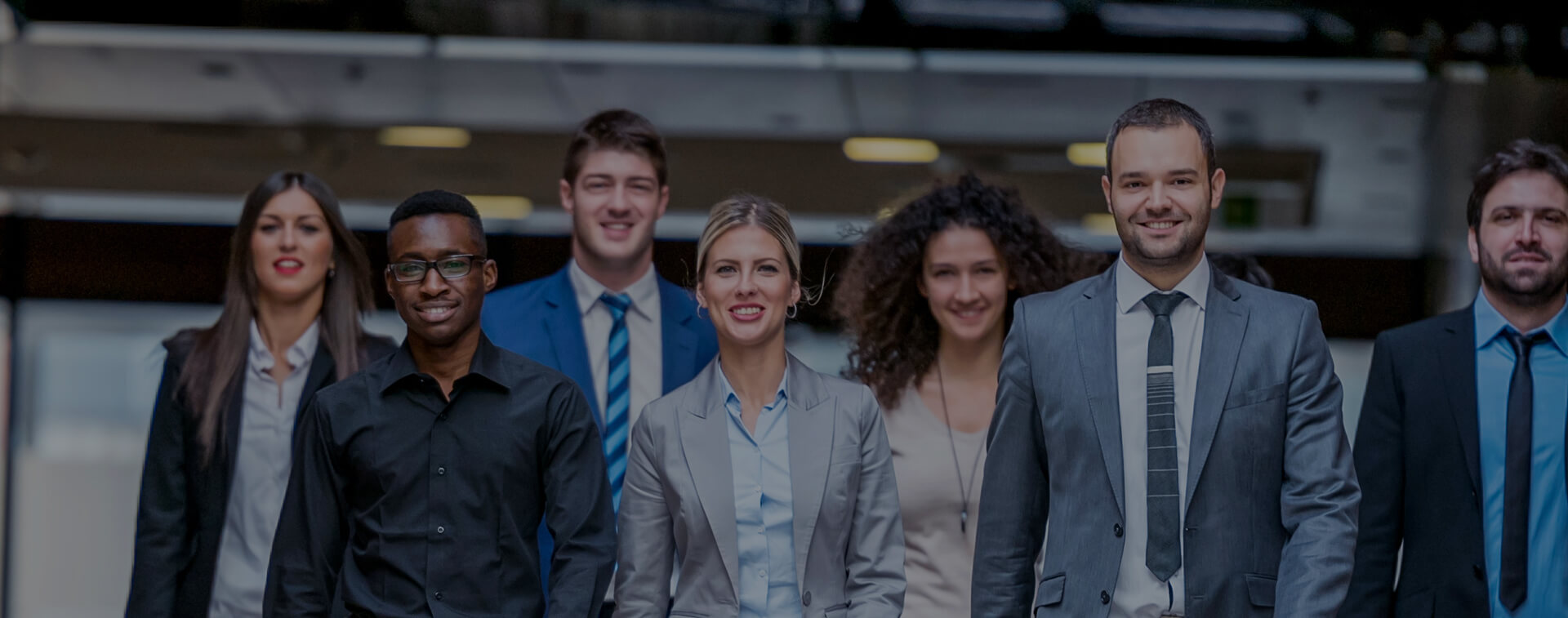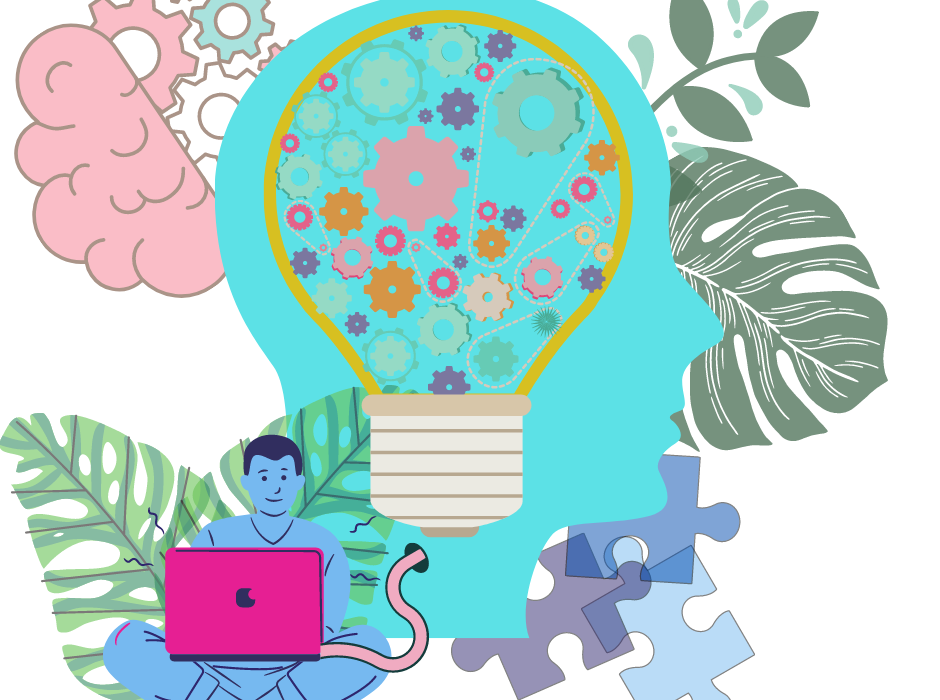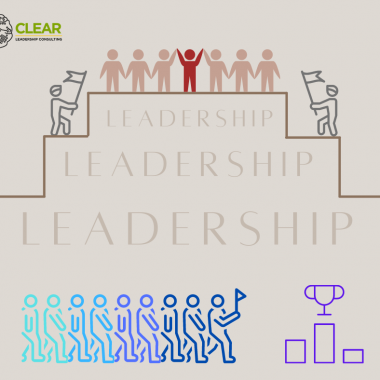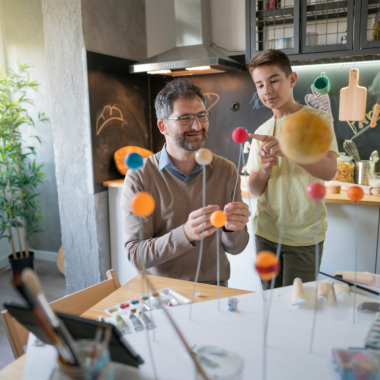Prepared by: Maria Liz V. Fresnido | June 18, 2020
We use our brains every hour of everyday even if we don’t consciously know that we are. Our every action, reaction, thought, and understanding are all natural and automatic signals emitted from our own brains. However, the act of thinking doesn’t necessarily mean that one is thinking critically. Thinking critically involves extra effort done to fully gauge a situation and come up with the best & appropriate responses for it.

Critical thinking does not only involve thoughts popping in your head. It involves a thorough knowledge on the matter, basing decisions off of facts that is relevant to the situation, and organizing & relating these to each other by connecting the dots of information you have. The more objective you are, the more helpful it is to be critical. Being driven with emotions & assumptions usually blinds a person into failing to take into account the bigger picture and surrounding information.
According to an indeed.com website article (2020), “Critical thinking skills are important because they help businesses run smoothly by solving problems, developing solutions and creating new ideas.” Especially now in the midst of a pandemic, critical thinking is needed in order to salvage jobs, businesses, and companies. Critical thinking is needed in order to answer the question, “What can we do to still keep going even though the whole world is at a pause?” Something that seemed temporary at the beginning is affecting the whole world by leaving long-lasting damages to the ones that are greatly affected.
In order to think more critically, one must first be observant. Don’t be oblivious and ignorant to what is happening around you and around the world. Learn your battles before fighting it. Being observant can help us sense and identify a problem, and as well as gather information that will help in responding to it.
Secondly, analyzing skills are very important. Besides knowing facts and data, one must be able to connect and correlate these tidbits of information in order understand a situation, create solutions, and solving problems.
Third, veer away from biases and stigma. Look past one’s mindset in order to be fully open with relevant information and therefore be able to generate new ideas. Stay objective and don’t be fully influenced by emotions alone.
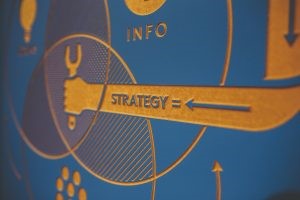
Fourth, always think one step ahead. How long will you be benefiting from your decisions? It is helpful to think whether one’s actions affect you or the company on a short-term basis or a long one. Knowing this will help you determine what to prioritize and will give you a good idea to whether push through on a plan or consider another option.

